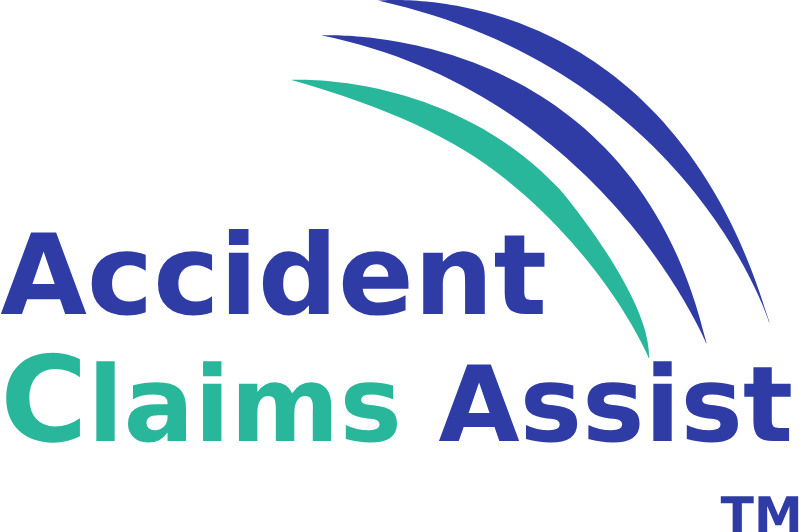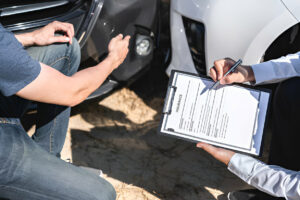What is Excess in Vehicle Insurance?
In vehicle insurance, Excess refers to the amount of money you must pay upfront when making a claim, regardless of who is at fault in the accident. This sum is pre-determined by your insurance policy and shares the risk between you and the insurer. Essentially, it’s the amount you must contribute before the insurance company covers the rest of the claim.
There are two types of Excess:
.Compulsory Excess: This is a fixed amount set by your insurance provider. It’s based on factors such as your driving history, age, and type of vehicle. New drivers or those with higher-risk vehicles may face a higher compulsory excess.
.Voluntary Excess: This is an amount you choose to pay in addition to the compulsory Excess. You may lower your insurance premium by opting for a higher voluntary excess. However, you’ll pay more out-of-pocket if you need to make a claim.
Why Do We Have Vehicle Insurance Excess?
Excesses in insurance are designed to discourage small, frequent claims and help keep insurance premiums affordable for everyone. Insurers use them to minimize the number of minor claims and maintain the overall cost of insurance.
How Does Vehicle Insurance Excess Work?
Your total Excess is the sum of your compulsory and voluntary excess amounts. For example:
- Compulsory Excess: £50
- Voluntary Excess: £250
If you need to claim £1,000, you would pay £300 (total Excess), and your insurance would cover the remaining £700.
The Excess might either be paid upfront to start the claim or deducted from the settlement amount after the claim is processed.
Compulsory Excess vs. Voluntary Excess
- Compulsory Excess: Set by the insurer based on factors like age, driving experience, and vehicle type for instance a young driver may face a higher compulsory excess.
- Voluntary Excess: You can choose how much voluntary Excess to pay. The higher your voluntary Excess, the lower your insurance premium, which means you’ll pay more if you make a claim for example if you have a compulsory excess of £150 and choose a voluntary excess of £50, your total Excess is £200.
Total Excess on Car Insurance
The total Excess is the combined amount of compulsory and voluntary Excess you must pay in case of a claim. If the total Excess is too high for you to afford, adjust your voluntary Excess to a level you can manage. However, doing so might increase your insurance premium.
When Do You Pay Excess on Car Insurance?
The Excess is payable whenever you claim your insurance, regardless of who is at fault. If the other driver is at fault, you may be able to recover the Excess from their insurance company once the claim is settled.
Paying Excess for a Non-Fault Accident
You may still need to pay the Excess upfront in a non-fault accident. However, if the other driver’s insurer accepts liability, your insurer will typically pursue them to recover the excess amount. If you’re working with a credit hire company, they may claim the Excess on your behalf.
Understanding Fault and Excess Payment
- At-Fault Accident: If you’re at fault for the accident, you’ll pay the Excess, and it’s unlikely you’ll recover it.
- Non-Fault Accident: If the other driver is at fault, your insurer will generally try to recover the Excess from the third party’s insurer. You may have to pay the excess upfront, but it will usually be refunded once liability is confirmed.
Recovering Excess Amount
Once the fault is established and the third-party insurance company accepts liability, your insurer will pursue them to recover the Excess. If this process takes too long, you can directly claim from the third-party insurer or seek legal advice to recover your costs.
We Do Not Charge You an Excess Amount
You don’t have to pay any excess when you claim through an accident management company like Accident Claims Assist. This is because the claim is made directly against the other driver’s insurance, avoiding the need to use your policy and, as a result, you don’t have to pay your Excess. This is one of the main reasons many drivers choose Accident Claims Assist to handle their claims.






